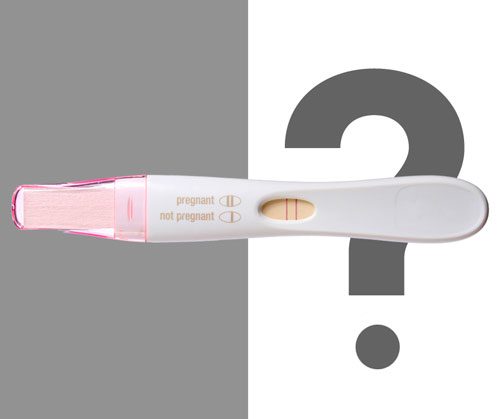Preventing an unwanted pregnancy by selecting the right birth control method starts with a discussion with your partner and doctor. This is a shared responsibility and the ability to discuss these issues could bring the couple closer.
The appropriate method will vary with individuals depending on their medical history, lifestyle, duration of contraception, usage compliance and level of effectiveness.
Condoms
Condoms are one of the commonly used contraception methods as they are easily available and simple to use. They also prevent the spread of sexually transmitted diseases. However their effectiveness as a contraceptive method is rather low (80-90%).
Oral Contraceptive Pill
The oral contraceptive pill is another commonly used contraception and is much more effective (99%) if it is taken consistently according to instructions. Besides preventing pregnancy, it is also used in the treatment of heavy periods, menstrual cramps, endometriosis, and severe acne. However, it cannot be used during breastfeeding. Those who are smokers, have a history of breast/cervical cancer and deep vein thrombosis are not suitable to take it as well.
Hormonal Injections
Hormonal injections are effective (99%) and simple to administer every 3 months. However the menstrual pattern tends to be irregular, body weight may increase and mood swings may occur.
Copper Intrauterine Device (IUD)
Copper intrauterine devices are effective (97%), easy to insert in the clinic without need for anaesthesia and convenient for the user. They may result in slightly heavier menses with cramps in the first few months. Depending on the type of device used it needs to be replaced every 3 to 5 years.
Hormonal Intrauterine Device (IUD)
The hormonal intrauterine device are much more reliable (99.9%) but menses tend to be rather irregular, lasts longer but lighter. As the amount of hormone released into the body is very low, weight gain is usually not a problem.
Contraceptive Implant
The contraceptive implant is a small silicone rod with a core of hormone that is placed in the arm just below the skin. It is long-term and may last for up to 3 years. It is very reliable (99.9%) but menses tend to be irregular with prolonged light flow initially.
Sterilisation by tubal ligation and vasectomy are permanent methods which should be considered only if the couple are very sure that they have completed their family.
While each method of contraception has their own side effects, this has to be balanced against the risk of doing an abortion.
For more information on contraceptive methods and family planning, please consult our obstetricians and gynaecologists.


